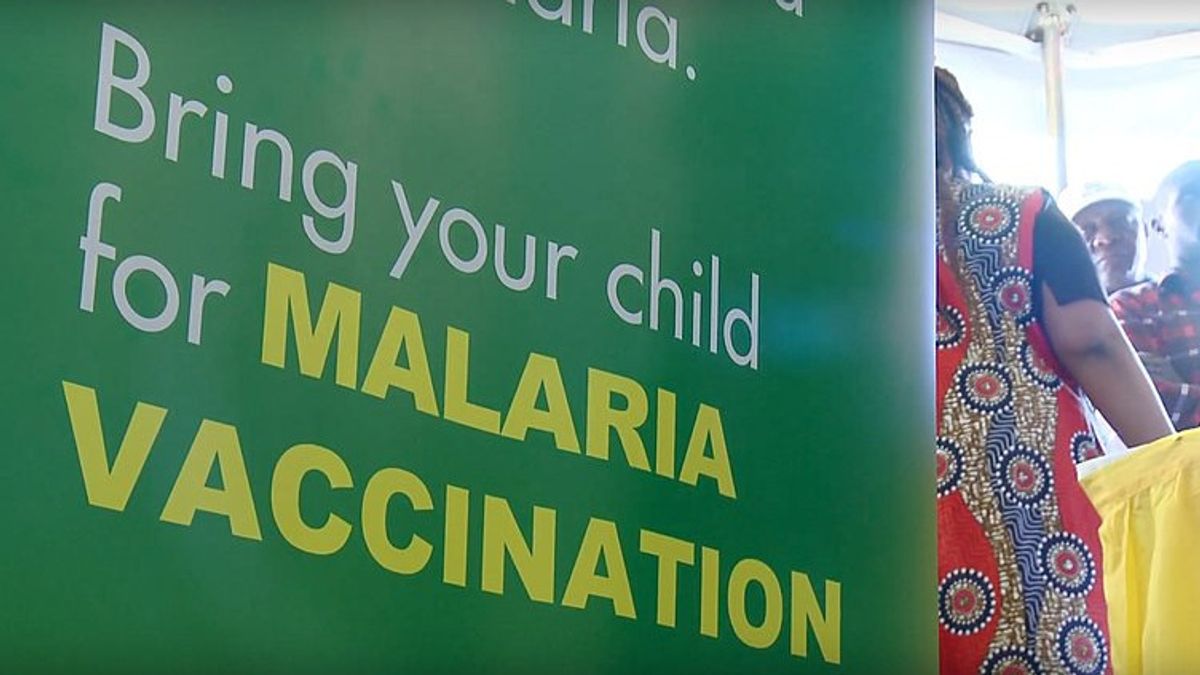JAKARTA - Cameroon's authorities launched the world's world's first routine malaria vaccine program, to fight this mosquito-borne disease, which is expected to save tens of thousands of children's lives per year across Africa, a sign for the advancement of a global campaign against malaria.
It took about 40 years for the manufacturing process, the RTS,S vaccine developed by British drugmaker GSK and approved by the World Health Organization (WHO), intended to work closely with existing tools such as nets to combat malaria, where the disease kills nearly half a million children under the age of five every year.
After successful trials, including in Ghana and Kenya, Cameroon became the first country to administer doses through a routine immunization program planned to also be launched by 19 other countries this year, according to global vaccine alliance Gavi.
Furthermore, it is said, around 6.6 million children in these countries are targeted for malaria vaccination by 2024-25.
"For a long time, we have been looking forward to a day like this," Mohammed Abdulaziz of the African Centers for Disease Control and Prevention (CDC) said at an online conference with WHO, Gavi and other organizations.
The WHO said disruptions related to the COVID-19 pandemic, increased insecticide resistance, and other issues have hampered efforts to fight malaria in recent years. Meanwhile, the number of cases increased by about 5 million in 2022.
Overall, more than 30 countries on the African continent have expressed interest in in introducing the vaccine. Concerns about the limited supply have eased, since the second vaccine completed key regulatory measures in December.
Separately, the launch of the second vaccine "is expected to result in sufficient vaccine supplies to meet high demand and reach millions more of children," said WHO Immunization Director Kate O'Brien.
SEE ALSO:
"The R21 vaccine developed by the University of Oxford is likely to be launched in May or June," said Chief Program Officer Gavi Aurelia Nguyen.
Some experts expressed skepticism, saying attention and funding should not be diverted from the wider struggle against this deadly disease, as well as the use of malaria prevention tools such as mosquito nets.
Meanwhile, the health expert who attended the briefing said the launch was accompanied by widespread public affordability to address vaccine doubts, to emphasize the importance of continuing to use all measures of protection along with vaccines.
The English, Chinese, Japanese, Arabic, and French versions are automatically generated by the AI. So there may still be inaccuracies in translating, please always see Indonesian as our main language. (system supported by DigitalSiber.id)


















